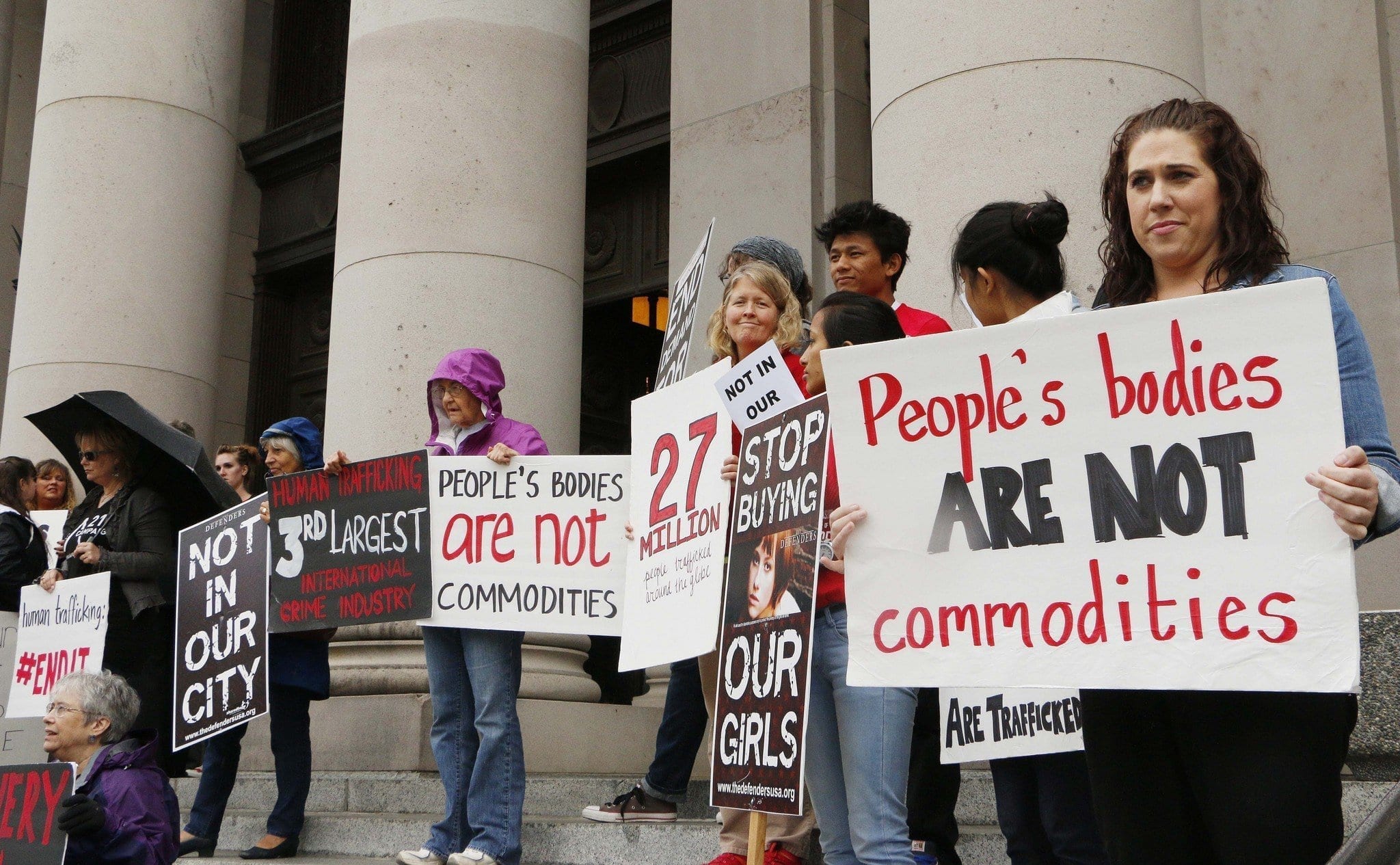Two lawsuits have been filed against Backpage.com, a website known by many as a hub for “illegal prostitution and sex trafficking of underage teens.” One lawsuit, which was filed in federal court, was filed by an anti-trafficking organization in Orlando known as Florida Abolitionist and a 30-year-old woman who claims to have been a “victim of trafficking through Backpage.” The other lawsuit was filed “on behalf of Sojourner, an Arizona nonprofit victims’ resource organization.” These two lawsuits only add to the legal troubles facing the website, and comes when its “current and former executives” are facing “criminal charges of money laundering in California over accusations of human trafficking.”
Two lawsuits have been filed against Backpage.com, a website known by many as a hub for “illegal prostitution and human trafficking of underage teens.” One lawsuit, which was filed in federal court, was filed by an anti-trafficking organization in Orlando known as Florida Abolitionist and a 30-year-old woman who claims to have been a “victim of trafficking through Backpage.” The other lawsuit was filed “on behalf of Sojourner, an Arizona nonprofit victims’ resource organization.” These two lawsuits only add to the legal troubles facing the website, and comes when its “current and former executives” are facing “criminal charges of money laundering in California over accusations of human trafficking.”
Many across the country are applauding the lawsuits as a win against human trafficking, something that occurs all too often in our country, especially with the rise of the internet. The internet makes it easier than ever for vulnerable young boys and girls to be exploited. In fact, the president of Legal Momentum, Carol Robles-Román, said: “the online exploitation of teen girls is the biggest human rights violation of our time.” Legal Momentum, a women’s rights nonprofit, helped file the recent lawsuits against the website. Robles-Román added, “Backpage.com knowingly facilitated this evil and must be held accountable to the harmed girls and to the organizations that provide them services so they can heal and recover.”
So what lead to the lawsuits being filed? How was the trafficking discovered? Well, it helped that the unidentified woman in the lawsuit stepped forward to tell her story. According to the woman, who is referred to as Jane Doe in the lawsuit, “she was prostituted out between the ages of 11 and 26, at the direction of her mother and men who sold her drugs.” According to the lawsuit, Jane Doe “was locked inside a hotel room and raped by two traffickers, who then advertised her on Backpage. Several men responding to the ads also raped her.” As a result of her experiences, she has “suffered severe mental and physical trauma from the rapes, and shame and embarrassment caused by her photograph being featured multiple times on Backpage.” She is asking for monetary damages.

Another factor that led to the lawsuits being filed is because the Miami-Dade State Attorney’s Human Trafficking Unit has made investigating traffickers their priority for the last few years. Because of investigations, as well as prior complaints about the website, it was discovered that Backpage has indeed made “millions from prostitution and the trafficking of underage victims forced to sell their bodies through the website.”
However, things are rarely black and white. Despite Jane Doe’s reports and investigations, many members of the law enforcement community are wary about going after the website too aggressively. Why? Well, in the past, the website has “generally cooperated with police seeking information on traffickers and underage victims.” Some worry that if the lawsuits go through, “pimps will turn to less visible websites.” Some, like Kimberly Mehlman-Orozco, an author and criminology professor at George Mason University, has even admitted that Backpage was and could still be a “critical tool for law enforcement.” According to her, “Backpage advertisements were frequently used as the catalyst for victim rescues and investigations leading to convictions. Going after the website will not reduce the incidence of child sex trafficking. It’s just avoiding the hard decisions for a cheap headline.”
Nevertheless, the plaintiffs in the two most recent lawsuits are hoping for positive results. If anything, the lawsuits are shining light on a problem that many across the country may not even know exists.
Sources:
Florida Lawsuit Targets Website Decried As Hub for Human Trafficking


Join the conversation!